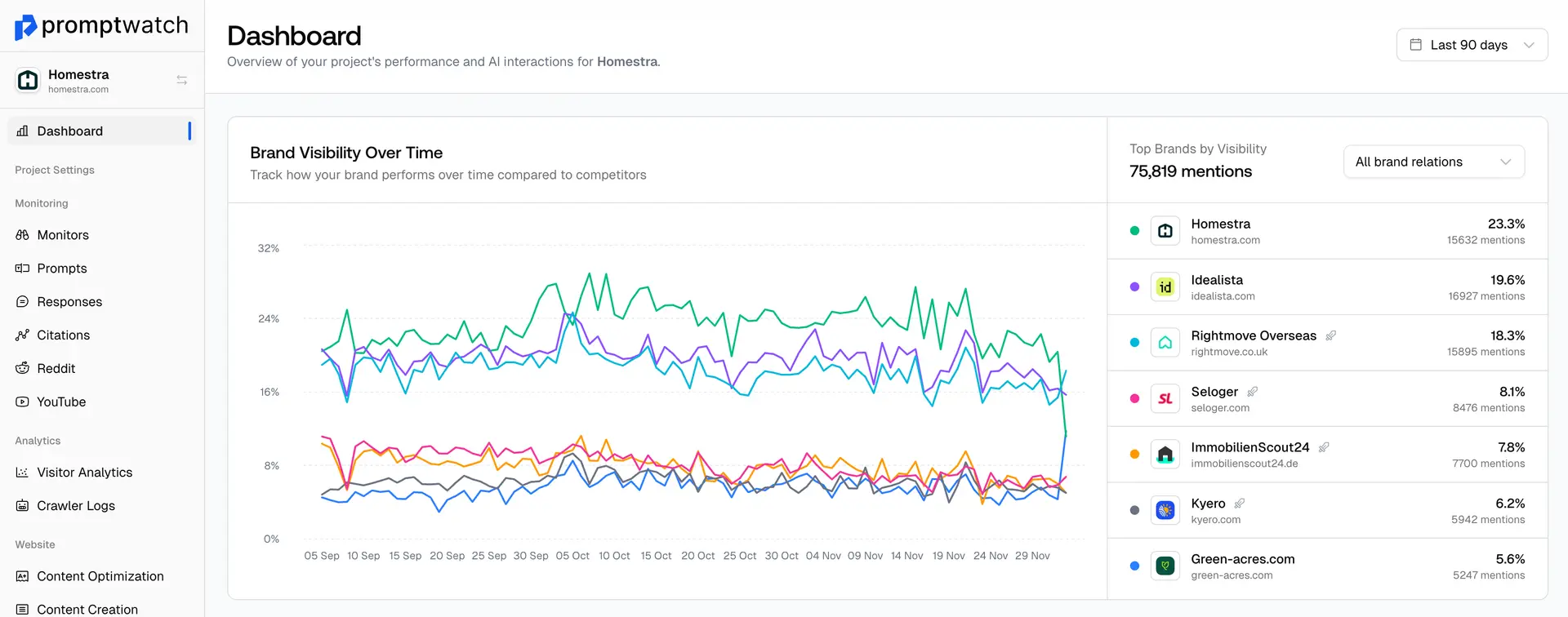Definition
Anthropic is an AI safety company founded in 2021 by former OpenAI researchers, including Dario Amodei and Daniela Amodei, with a primary focus on developing safe, beneficial artificial intelligence systems. The company is best known for creating Claude, a series of large language models designed with constitutional AI principles that emphasize helpfulness, harmlessness, and honesty.
Anthropic's approach to AI development prioritizes safety research, alignment with human values, interpretability, and robustness against misuse. Their research contributes significantly to the understanding of AI behavior, safety mechanisms, and responsible AI development practices.
For businesses and content creators, Anthropic's Claude models represent important platforms for GEO optimization because of their growing adoption in enterprise applications, research environments, and consumer AI tools. Claude's design philosophy emphasizes accuracy and truthfulness, making it particularly important for businesses to ensure their content meets high standards of factual accuracy and authority.
Anthropic's commitment to AI safety and constitutional AI training means that Claude models are likely to prioritize content that demonstrates reliability, expertise, and ethical considerations. The company's research on AI alignment and safety also influences broader industry standards for responsible AI development and deployment.
Examples of Anthropic
- Anthropic's research on constitutional AI helping to reduce harmful outputs in language models
- Claude being used by enterprises for research and analysis due to its emphasis on accuracy and safety
- Anthropic's safety research influencing industry standards for responsible AI development
